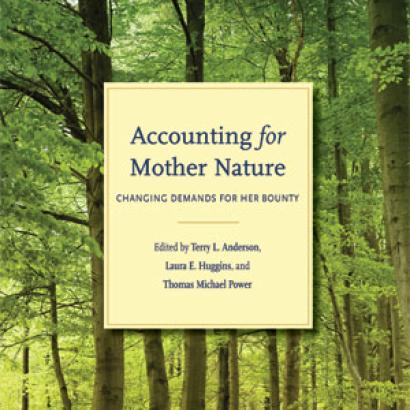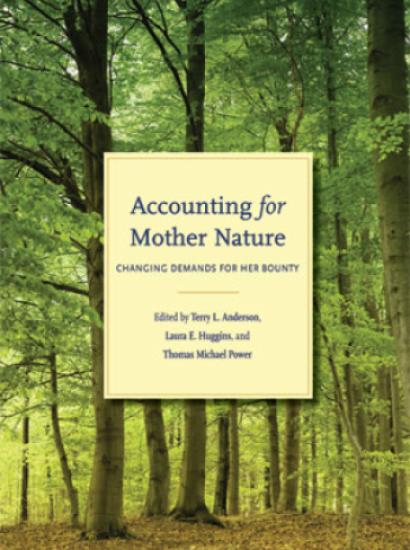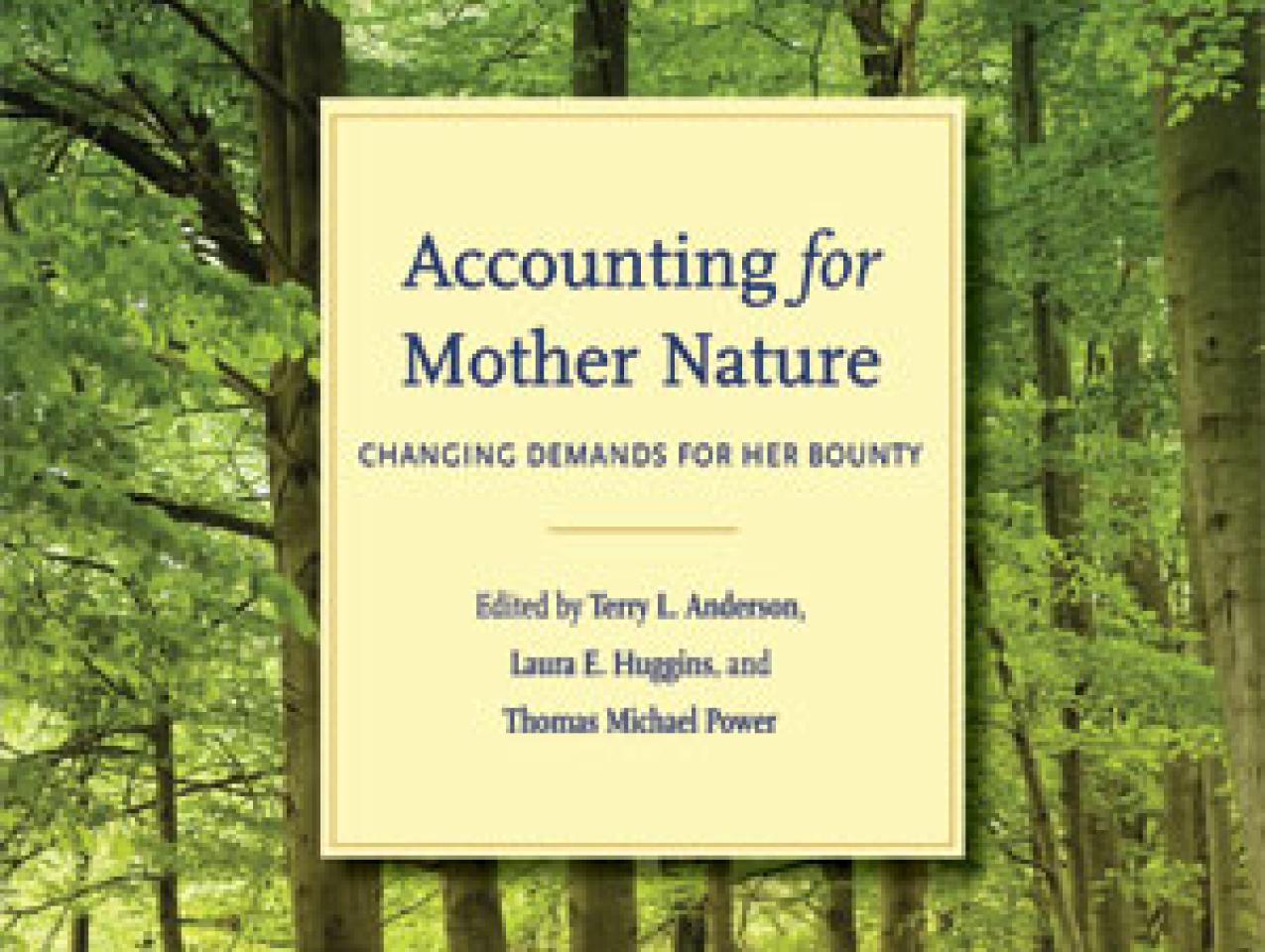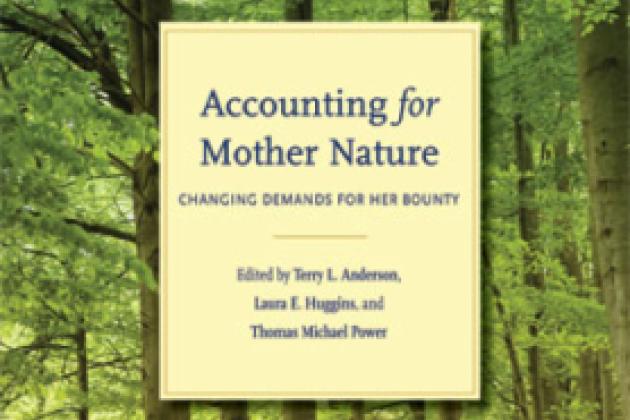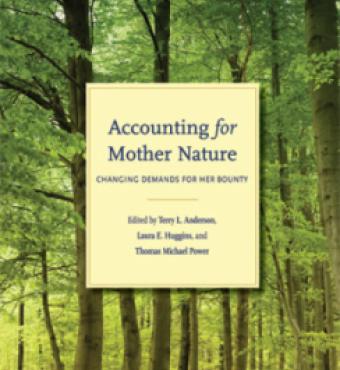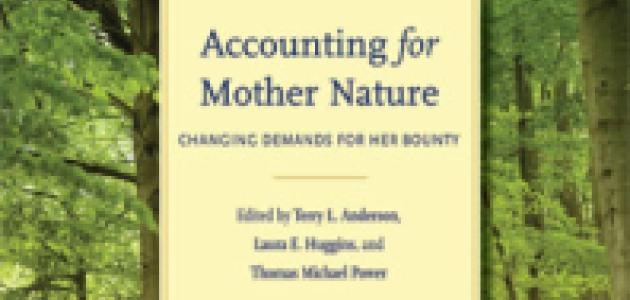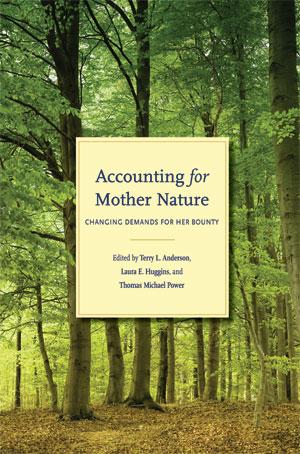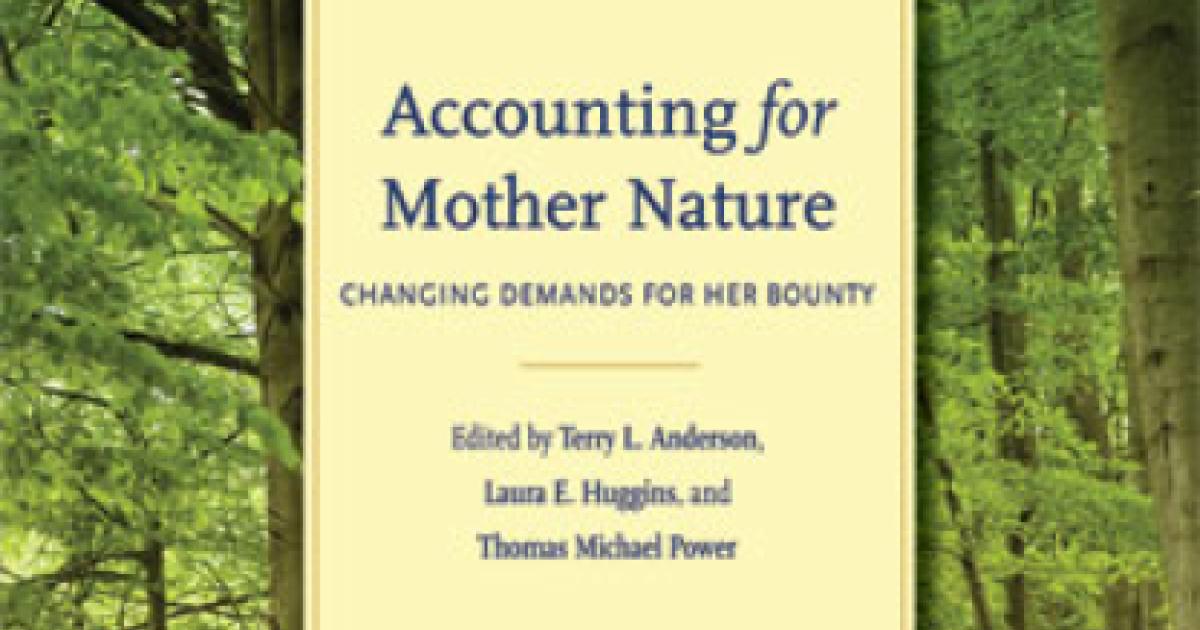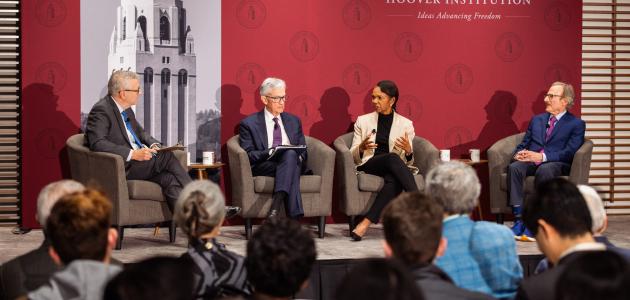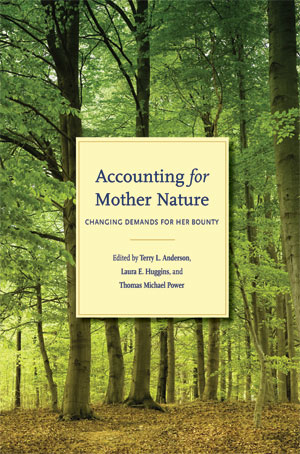
In the face of growing pressure on our natural landscapes and increasingly bitter conflicts over their management and use, simply defending the status quo is not enough. Finding a balance between producing commodities, such as lumber, and maintaining amenities, such as open space, is crucial if we hope to promote environmental stewardship and healthy economies. Accounting for Mother Nature (Stanford University Press, January 2008) brings together experts with wide-ranging experience to provide a comprehensive examination of the critical debate around the management of scarce natural resources.
The volume analyzes the politics and economics of changing demands on the American West's natural resources. Since World War II, demands on those resources have shifted from commodity production, such as mining, to amenity production, such as open space. The primary question is, “What are the appropriate institutions for accommodating the shifts in demand?” This approach goes beyond the status quo and political boundaries concerning the "wealth of nature" conundrum.
Accounting for Mother Nature considers how the unconstrained use of nature's bounty led not only to damage and waste but also to divisive conflict. With a focus on the American West, this volume examines the often-negative outcomes of government's management of land and natural resources. In turn, the contributors explore the role that private individuals and organizations can play in protecting natural and agrarian landscapes.
Through its detailed analyses, Accounting for Mother Nature makes the case for innovation within the private nonprofit sector and marks out new frontiers for research. This book will be an invaluable resource for experts in economic history as well as policymakers.
About the Editors
Terry L. Anderson is the John and Jean DeNault Senior Fellow at the Hoover Institution; the executive director of PERC: the Property and Environment Research Center, a think tank focusing on market solutions to environmental problems located in Montana; and a professor emeritus at Montana State University. Considered the founder of free market environmentalism he is the author of more than 30 books.
Laura E. Huggins is a research fellow at the Hoover Institution and the director of development at PERC. She is the author, along with Terry Anderson, of Property Rights: A Practical Guide to Freedom and Prosperity (Hoover Institution, 2003).
Thomas Michael Power is a professor in and the chair of the Department of Economics at the University of Montana. His books include Post-Cowboy Economics: Pay and Prosperity in the New West (Island Press, 2001) and The Economic Value of the Quality of Life (Westview, 1980).
Accounting for Mother Nature: Changing Demands for Her Bounty
Edited by Terry L. Anderson, Laura E. Huggins, and Thomas Michael Power
Stanford Economics and Finance: an Imprint of Stanford University Press
ISBN: 9780804756983 $34.95 cloth
312 pages January, 2008
For media inquiries, please contact Puja Sangar at Stanford University Press at 650.724.4211 or psangar@stanford.edu







